US vows to defend Philippines in the face of China 'dangerous actions'
US Secretary of State Antony Blinken has promised to defend the Philippines in the face of China’s “destabilizing and dangerous” actions, during a visit to the Southeast Asian country.
On a visit to Manila, Blinken met with the Philippines' newly elected leader, President Ferdinand Marcos, on Friday.
Blinken reassured Marcos of Washington’s full support in the face of what he called China’s “destabilizing and dangerous” actions.
"An armed attack on Philippine armed forces, public vessels, and aircraft will invoke US mutual defense commitments under that treaty," Blinken said, referring to a 70-year-old mutual defense treaty between Washington and Manila.
Under the treaty, the US military has permission to store defense equipment and supplies on several Philippine bases. It also allows US troops to access certain military bases in the country.
“The Philippines is an irreplaceable friend, partner, and ally to the United States,” Blinken added.
Barely mentioning China in the context of the Philippines’ territorial disputes with Beijing, Blinken said that Washington “looked at strengthening our cooperation to better address current and emerging security threats and cross-cutting challenges.”
Ties between Washington and Manila were shaken by former president Rodrigo Duterte's overtures toward China. Rodrigo was known for his anti-US rhetoric and threats to downgrade their military ties.
The US diplomat is currently on a ten-day trip to Cambodia, the Philippines, South Africa, Congo, and Rwanda.
His visit to the region comes amid a diplomatic flare-up over the controversial visit by US House of Representatives Speaker Nancy Pelosi to Chinese Taipei (Taiwan) on Tuesday.
China has long considered the self-ruled island as part of its sovereign territory and has publicly stated that it may take it by force one day, if propitious.
Prior to Pelosi’s visit, Beijing issued stern warnings that the visit will have a “severe impact” on bilateral ties, and that her move “gravely undermines” regional peace and stability.
In response to the visit, China launched large-scale military drills in the South China Sea and sanctioned Pelosi and her family. China also withdrew from key talks on climate change and defense with the US over the visit.
Under the “one China” policy, nearly all countries across the globe, the US included, recognize Beijing’s sovereignty over the self-ruled island.
Washington, however, continues to court the secessionist government in Taipei, support its anti-China stance, and supply it with massive amounts of armaments.
The US also takes sides with Beijing’s rivals in a maritime dispute in the South China Sea, most of which is claimed by Beijing. It routinely sends warships and warplanes to the waters to assert what it calls its right to freedom of navigation.
China has repeatedly called on Washington to stop the provocative actions, which undermine peace and stability in the strategic waters.

Russia launches ‘record’ strikes on Ukraine: Kiev
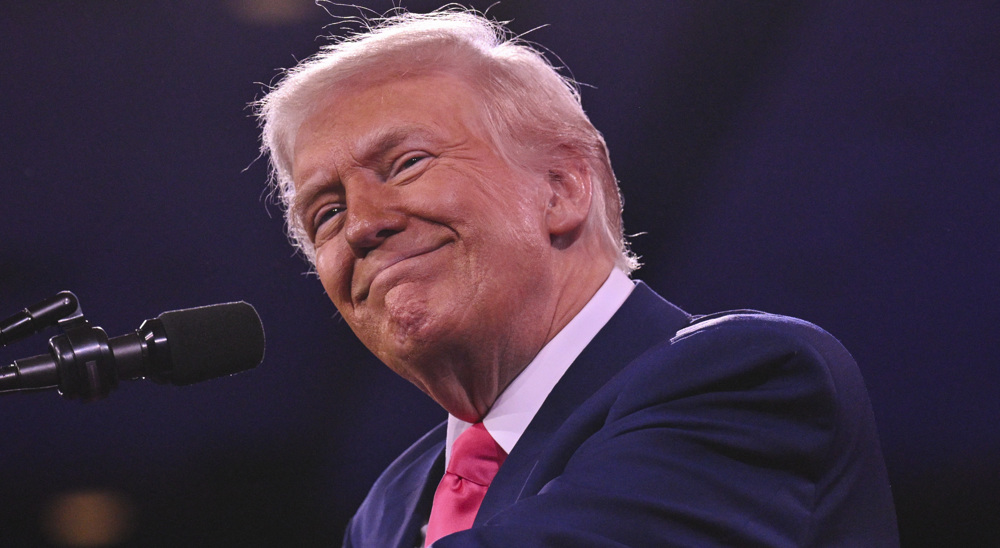
Trump wants return on Ukraine aid: ‘We’re getting our money back’

US B-52 bombers in West Asia do not scare Iran
Shocking details of Israeli army’s massacre of 90 civilians from Juha family in Gaza
VIDEO | Lebanese resistance remains alive
Iran’s daily sweet gas production peaks at 870 mcm: NIGC
Nasrallah shattered myth of Israeli military’s invincibility: Top Yemeni official
Iran says it has attracted $8.2bn of foreign investment since Aug
‘Misguided policies’: Araghchi says unjust sanctions inflict suffering on innocent Iranians
Iran summons Polish envoy over 'baseless, biased' drone claims
Election winner conservative Merz invites Netanyahu to Germany despite ICC warrant


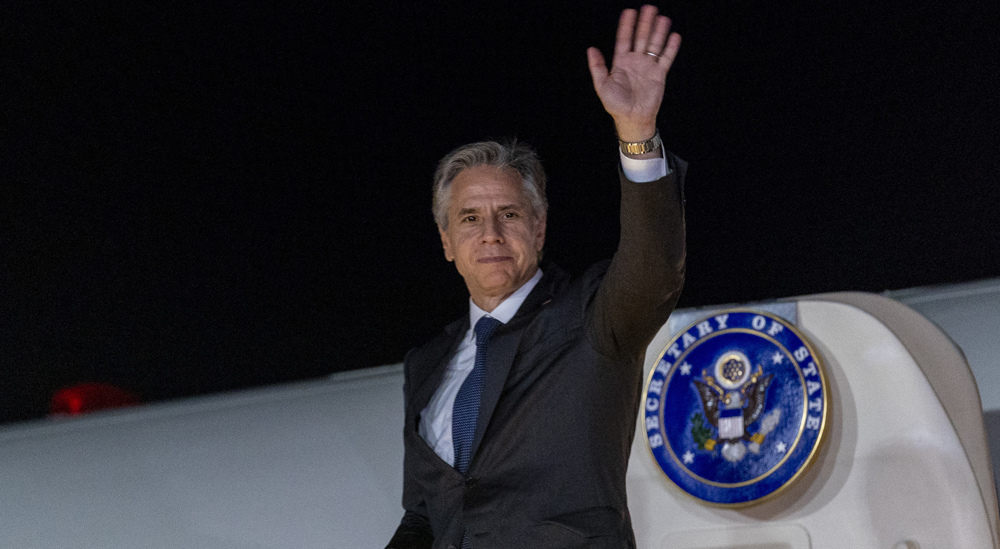
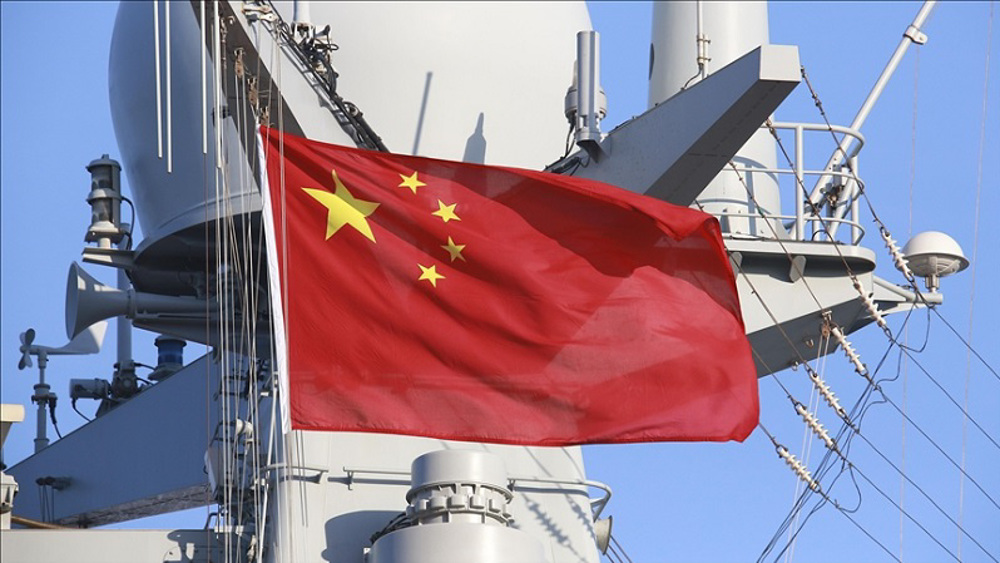



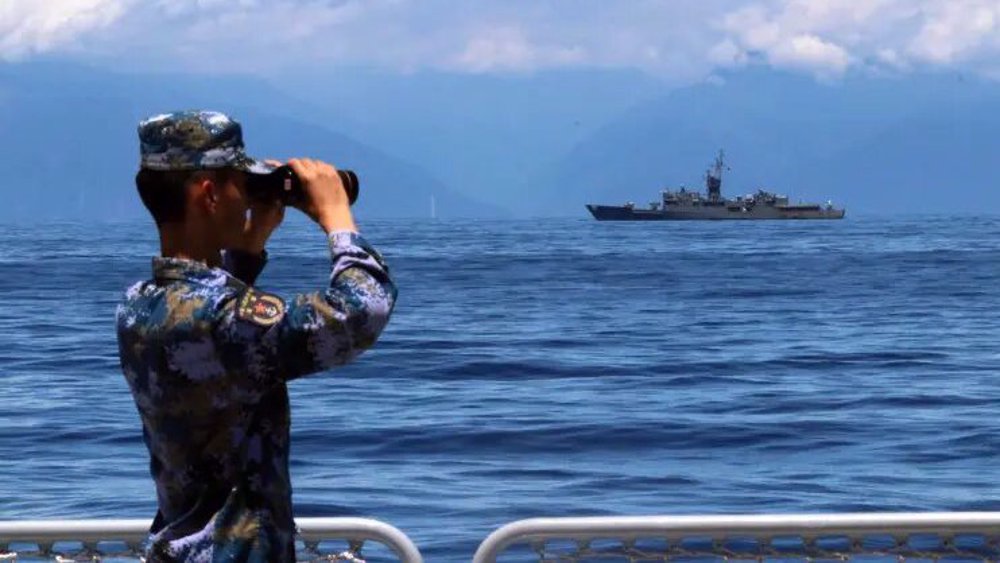

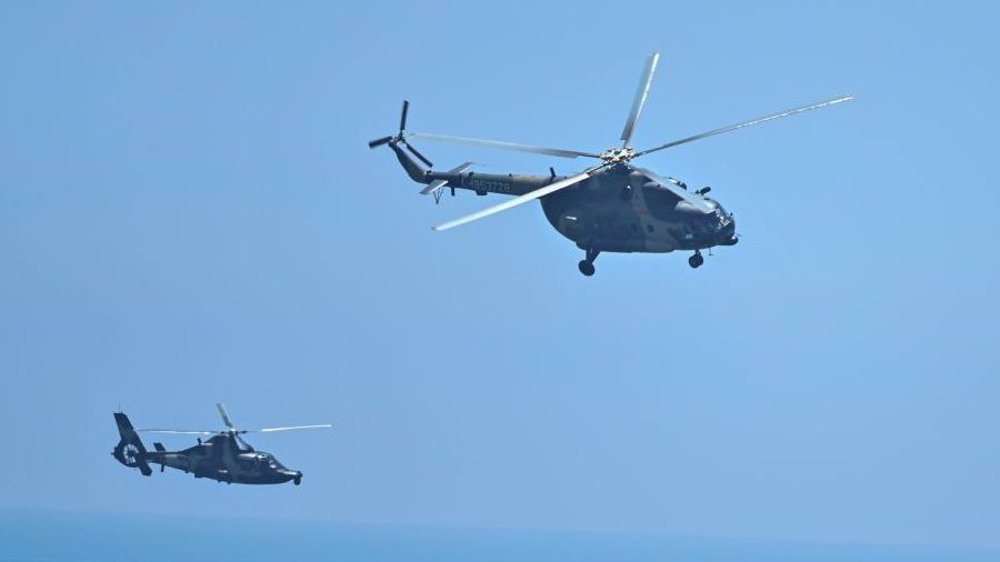

 This makes it easy to access the Press TV website
This makes it easy to access the Press TV website